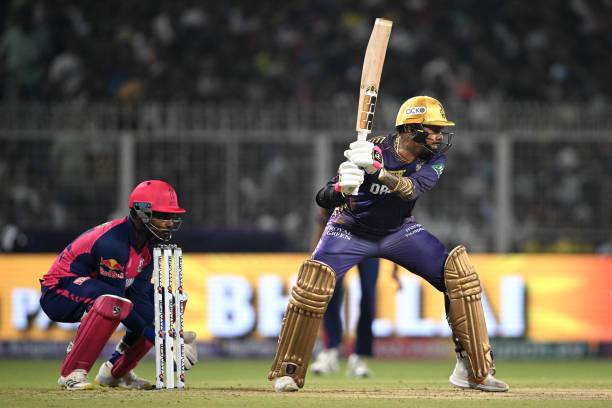The Importance of Blood Testing in Monitoring IPL Nutrition: Betbhai9 com sign up, Radheexchange, Lotus 365.io
betbhai9 com sign up, radheexchange, lotus 365.io: Blood testing is a crucial aspect of monitoring IPL nutrition for athletes. It provides valuable insights into the body’s internal workings and helps to ensure that athletes are fueling their bodies optimally for peak performance. Let’s take a closer look at why blood testing is so important in the context of IPL nutrition.
Understanding Nutrient Levels
One of the primary reasons why blood testing is essential for monitoring IPL nutrition is that it allows athletes to understand their nutrient levels. By analyzing blood samples, athletes can determine if they are deficient in any essential vitamins or minerals that are necessary for energy production, muscle function, and overall health. This information is crucial for designing personalized nutrition plans that address any deficiencies and optimize performance.
Monitoring Inflammation Levels
Inflammation is a natural response to physical stress, such as intense training sessions or matches. However, chronic inflammation can be detrimental to performance and overall health. Blood testing can help athletes monitor their inflammation levels by measuring markers such as C-reactive protein (CRP) and interleukin-6. By keeping inflammation in check, athletes can recover faster, reduce the risk of injury, and perform at their best.
Assessing Hydration Status
Proper hydration is essential for athletes, as even mild dehydration can impair performance and cognitive function. Blood testing can provide valuable information on hydration status by measuring electrolyte levels and markers like blood urea nitrogen (BUN). This information allows athletes to adjust their fluid intake accordingly and ensure they are adequately hydrated during training and competition.
Tracking Energy Levels
Blood testing can also help athletes track their energy levels by measuring indicators like glucose and hemoglobin levels. These markers provide valuable insights into how the body is utilizing energy and can help athletes identify any imbalances that may be impacting performance. By monitoring energy levels, athletes can adjust their nutrition and training protocols to maintain optimal energy levels throughout the IPL season.
Optimizing Recovery
Recovery is a vital component of athletic performance, as it allows the body to repair and grow stronger after intense physical activity. Blood testing can help athletes optimize their recovery by measuring markers like creatine kinase (CK) and lactate dehydrogenase (LDH), which indicate muscle damage and fatigue. By tracking these markers, athletes can tailor their nutrition and recovery strategies to promote faster, more efficient recovery.
Ensuring Long-Term Health
Lastly, blood testing is crucial for ensuring the long-term health and well-being of athletes. By monitoring key health markers like cholesterol levels, blood pressure, and blood sugar levels, athletes can identify any potential health risks and take proactive steps to mitigate them. This proactive approach to health can help athletes prevent injuries, illnesses, and other health concerns that may impact their performance in the long run.
In conclusion, blood testing plays a vital role in monitoring IPL nutrition for athletes. By analyzing key indicators like nutrient levels, inflammation markers, hydration status, energy levels, and recovery markers, athletes can optimize their nutrition, training, and recovery strategies to perform at their best. Additionally, blood testing can help athletes ensure their long-term health and well-being, allowing them to compete at the highest level for years to come.
FAQs:
Q: How often should athletes undergo blood testing for IPL nutrition monitoring?
A: The frequency of blood testing may vary depending on individual needs and goals. However, many athletes choose to undergo blood testing at least once a quarter to track changes over time and make necessary adjustments to their nutrition and training protocols.
Q: Can blood testing help athletes identify food allergies or intolerances that may impact performance?
A: Yes, blood testing can help athletes identify food allergies or intolerances by measuring specific antibodies in the blood. By identifying and eliminating trigger foods, athletes can reduce inflammation, improve digestion, and optimize performance.
Q: Are there specific blood markers that athletes should pay special attention to for IPL nutrition monitoring?
A: While there are many important blood markers to consider, athletes should pay special attention to markers like vitamin D levels, omega-3 fatty acids, iron levels, and inflammation markers like CRP and interleukin-6 for optimal performance and recovery.
Q: How can athletes use blood testing results to adjust their nutrition and training plans?
A: Athletes can use blood testing results to identify nutrient deficiencies, adjust their macronutrient ratios, optimize hydration, tailor their recovery strategies, and address any health concerns that may impact performance. By leveraging this information, athletes can fine-tune their nutrition and training plans for maximum benefit.







